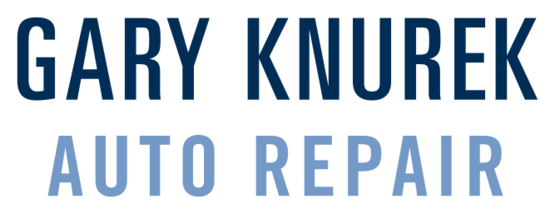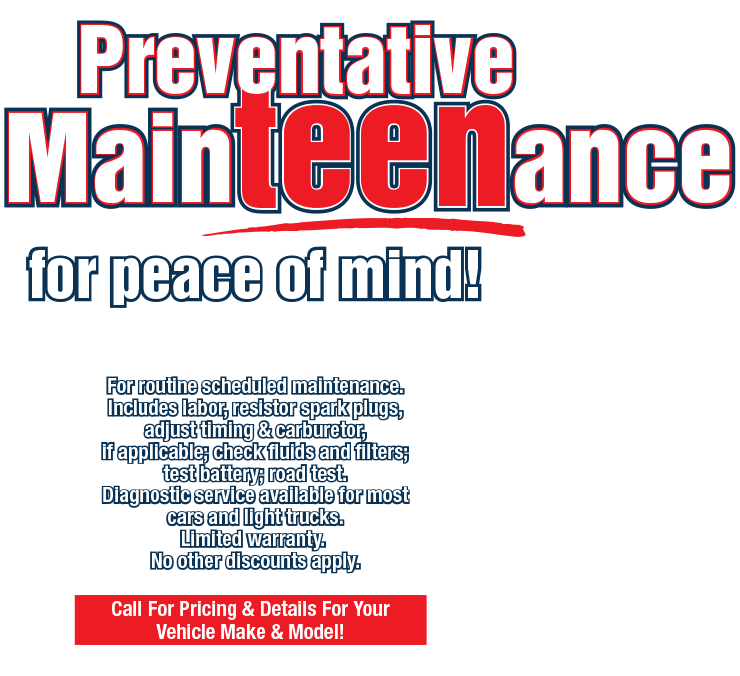To Fix or Not To Fix (Tire Repair)
October 1, 2023
You know that sinking feeling when you realize one of your tires has a problem. It may be making an odd noise or behaving oddly when you're driving. You may hit a pothole or curb and one suddenly goes flat. Or you may head back to your vehicle and discover it has one tire deflated without a clue of what must have happened to it.
With a lot of different tires hitting the streets these days, the issue of whether to have a tire repaired or replaced can be tricky, and we strongly recommend you have a trained technician help you make that decision.
One of the most common causes of flat tires is picking up a screw or nail in the tread area. Many of those can be patched and plugged if the puncture isn't more than ¼ inch/6 mm in diameter. Most tires can handle two of this type of repair, but any more and you should buy a new tire.
If there's a puncture or bulge in the sidewall or shoulder, the rule of thumb is it's not repairable. The sidewall doesn't have the reinforcements that the tread area does. In fact, any puncture that's more than a ½ inch/12 mm away from the edge of the tread should not be fixed.
Many newer vehicles have no spare tires (to save weight and fuel) and instead have a type of tire called "run-flat." Sometimes, the only way you know they're deflated is when the tire pressure monitor alerts the driver. Driving on them more than 50 miles/80km can render them un-repairable. They may be fixable if you pulled off to the side of the road before driving on them too long. Our technicians can evaluate whether they can be driven further or should be replaced.
Other vehicles with no spare include a can of tire sealant and a compressor. If you use it, tire experts say to have the tire professionally repaired as soon as possible.
If you have had a flat tire, try not to drive on it unless it's necessary to get your vehicle away from a dangerous situation. Our technicians can evaluate any tire you may be having problems with and recommend whether repair or replacement is the best option. Your safety is riding on your tires.
Gary Knurek GoodYear
1973 Livernois
Troy, Michigan 48083
248-362-0350
Need Service?
More articles from Gary Knurek, Authorized GoodYear Dealer

When it Comes to Air Filters, Change is Good (Clogged Air Filter)
January 5, 2025
Engine air filters may not seem like a big deal, but when theyre clogged up with dirt, dust, and insects, your engine could wind up choking for air and not delivering you the power and performance it was designed to give. There are actually a couple of air filters in your vehicle. One filters th... More

Bump in the Road (Alignment)
December 29, 2024
There's something you can do that helps your tires last longer, wear more evenly and your vehicle handle better. "Sign me up," you say! Wondering what that is? It's aligning your wheels, and it will literally point you in the right direction when it comes to a better and safer driving experience... More

Differential Essential (Differential Fluid Exchange)
December 22, 2024
What's the dif? To an automotive technician, it's the differential, a part of your vehicle that helps direct power from the engine to the wheels. The differential is a gearbox that enables the drive wheels to turn at different speeds (they do that when you turn). Inside the differential is a f... More









